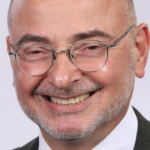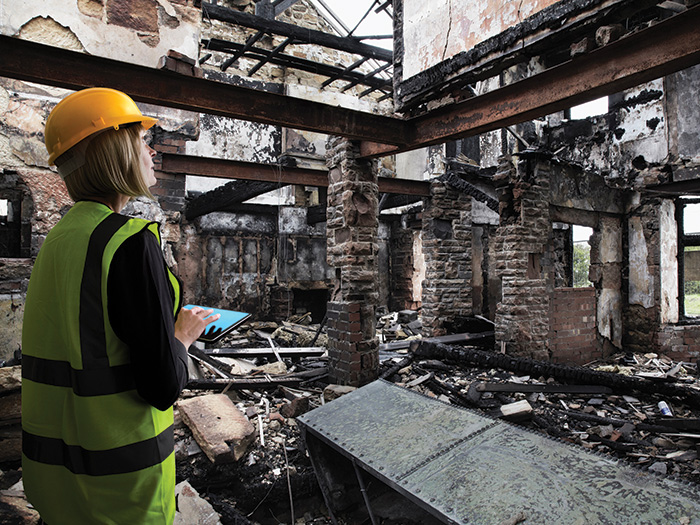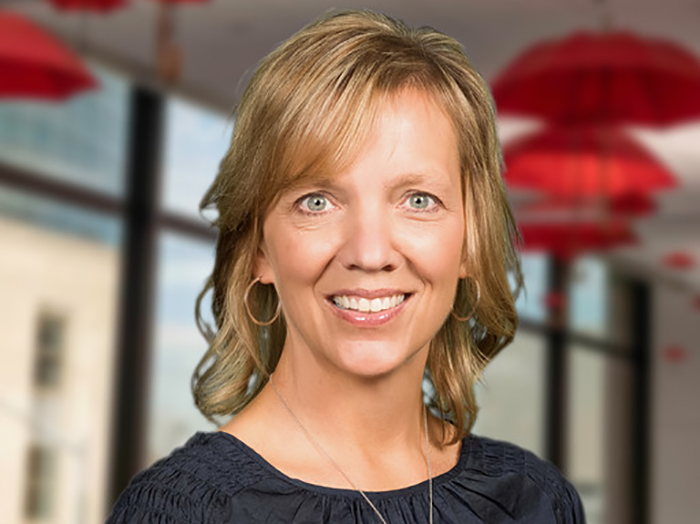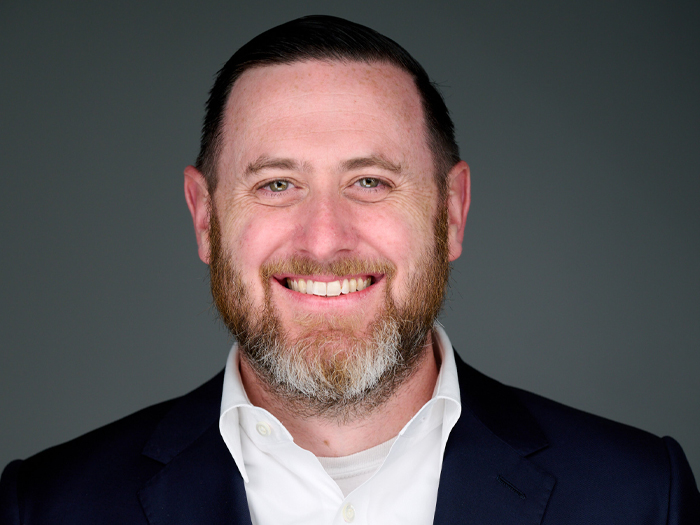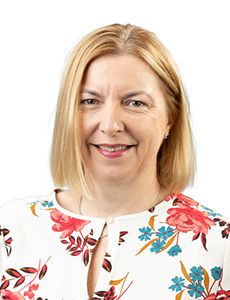Sponsored Content by Ironshore
3 Reasons the Wholesale Market Will Continue Its Dramatic Growth

Businesses typically come to the E&S market for specific coverages to address unique and hard-to-place risks.
And with good reason. E&S’s freedom of rate and form offers flexibility in developing risk solutions. The industry has a long history of successfully meeting the unique risk needs of companies, and is already enjoying a period of unprecedented growth.
According to the Surplus Lines Stamping Office of Texas, the 15 U.S. surplus lines stamping and service offices reported collective premium of $37.45 billion at the end of 2019 — a 19% jump over 2018 – and a total of 4.83 million filings, a 9% increase over the previous year.
The hardening market – which will be exacerbated by the COVID-19 pandemic and resulting economic downturn – creates even more reason for companies to consider solutions from the E&S market to address a growing set of complex risks.
Here’s why the wholesale market is so well-suited to handle the unique challenges that come with a global pandemic, and why it’s poised for continued growth once the crisis subsides.
1. Flexible Underwriting Quickly Adapts to Changing Risks
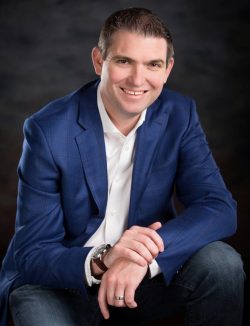
Ben Johnson, Senior Vice President of Wholesale Distribution at Liberty Mutual
Many businesses have demonstrated resilience by adapting their operations to meet new needs created by the pandemic. Auto manufacturers that normally assemble engines are churning out ventilator parts. Textile producers have switched from athleisure to PPE. Empty hotels have been repurposed as COVID recovery rooms.
With these changes come a whole new set of exposures.
“It’s really impressive how companies are stepping up, but they become exposed to very different risks in the process and underwriting has to adjust for that,” said Ben Johnson, Senior Vice President of Wholesale Distribution at Liberty Mutual.
The same is true for businesses that adapt not by switching gears, but by scaling back. Mass layoffs, for example, significantly increase employment practices liability exposure. Such a sudden and significant shift in risk demands quick and creative underwriting that primary carriers can’t always deliver due to regulatory constraints.
“The E&S market and the wholesale brokerage community is much better equipped than the admitted markets to manage through rapidly changing risks,” Johnson said. “With our freedom of written form, we can adequately evaluate, price and construct a policy in a bespoke way that gives the insured the limits and terms and conditions that makes sense for their business, while also securing the premium we need to be profitable. That’s much harder to do when you have to file your rates.”
2. Specialized Expertise Finds Solutions for Heightened Exposures
Agents and brokers approach the E&S market for specific coverages to address hard-to-place risks, not a comprehensive suite of products. For this reason, wholesale brokers develop expertise in specific classes of risk, rather than in industry verticals.
“In the admitted market, insurers generally aim to provide broad solutions for a segment of the economy. In the E&S space, there are underwriters specializing in fiduciary liability first and foremost, followed by more narrow focuses on private equity, or small business, or large private business, or public entities. But the risk always comes first,” Johnson said.
That type of specialization matters when an external force strikes some markets more severely than others – and that’s precisely what’s happening regarding the impact of COVID-19 on directors and officers (D&O) exposure.
Though the pandemic has heightened many types of liability and property risks, significant losses almost always result in a spike of D&O claims. Companies under economic duress due to the government-mandated lockdowns are facing an influx of claims from stakeholders alleging fiscal mismanagement.
“When you have an unstable economic environment, it feeds D&O claims. And you really need in-depth expertise to provide solutions and pull clients through difficult times,” Johnson said. “Wholesale brokers are frankly doing a phenomenal job leveraging their expertise to provide value-added solutions to the retail market.”
3. An Uncertain Future Creates Room for E&S to Grow
COVID-19 has undoubtedly opened insurers’ eyes to a wider world of risk than most ever thought they would encounter. Uncertainty over how and when the pandemic will end is compounded by other lingering questions marks like natural catastrophes.
The frequency and severity of wind events, flooding, tornadoes, and wildfires have risen steadily, a trend likely to continue. Natural disasters will only add to challenges in the property and environmental space — and much like pandemic-related losses, underwriters can’t be certain of what to expect.
As a result, more businesses may find themselves looking to the so-called “market of last resort” to fill in their gaps.
“Industries that took a hit will bounce back, but they may have a hard time recovering if they can’t find the policies they need at the right price,” Johnson said. He pointed to residential construction and long-term care as two sectors that represent growth opportunities for E&S underwriters and wholesale brokers, especially pertaining to environmental risk.
“We’re incredibly bullish about the future, and we see tremendous opportunity for the wholesale space to grow and provide capital to customers with the most challenging risks and loss histories,” Johnson said.
Matt Dolan, President of North America Specialty and Ironshore, a Liberty Mutual company that provides specialty insurance, further added “Whether this is now technically a hard market remains to be seen. But we do know that it is a disrupted market that requires specialized products, and the combined expertise of our underwriters and our wholesale broker partners. This is how solutions are created. And this market requires solutions.”
An Insurer Ready to Meet Evolving Needs
E&S underwriters have already proven their mettle when it comes to dealing with rapidly evolving and seemingly uninsurable risks.
“We’ve crafted sub-limited pandemic cover for facilities with COVID patients. And downsizing exclusions for large companies facing the reality of huge layoffs. Before this crisis, we were drafting up bespoke first- and third-party terrorism coverages,” Johnson said. “We go out of our way to handle the difficult stuff.”
That willingness to go above and beyond is paying off. Ironshore’s wholesale business is pushing 30 points of growth this year. In particular, new D&O business has grown 100% in the wholesale market.
Ironshore’s appetite for complex risks is supported by its partnerships with expert brokers, and the financial strength of its parent company, Liberty Mutual.
“As we anchored in the wholesale market over the last 24 months, we’ve been able to rely on the expertise of our broker partners in crafting unique products and creating focused marketing and distribution strategies,” Johnson said.
“We also have the benefit of Liberty Mutual’s balance sheet and the depth of resources that they provide. They are the sixth largest property/casualty carrier in the world.1 So, all the tools from claims to loss control, to legal, to our private equity arm, to our venture capital arm — all of that really interplays and provides a lot of value to our to our customer base.”
Ironshore is already adding new hires to its environmental and E&O teams, with plans to pursue responsible growth as opportunities arise.
“We want to invest into the wholesale market with purpose and intention, and that investment is not anywhere near done,” Johnson said.
To learn more, visit http://www.ironshore.com/usa/wholesale/c71.
1Based on 2019 gross written premium, excludes state-owned companies.
This article was produced by the R&I Brand Studio, a unit of the advertising department of Risk & Insurance, in collaboration with Ironshore. The editorial staff of Risk & Insurance had no role in its preparation.



